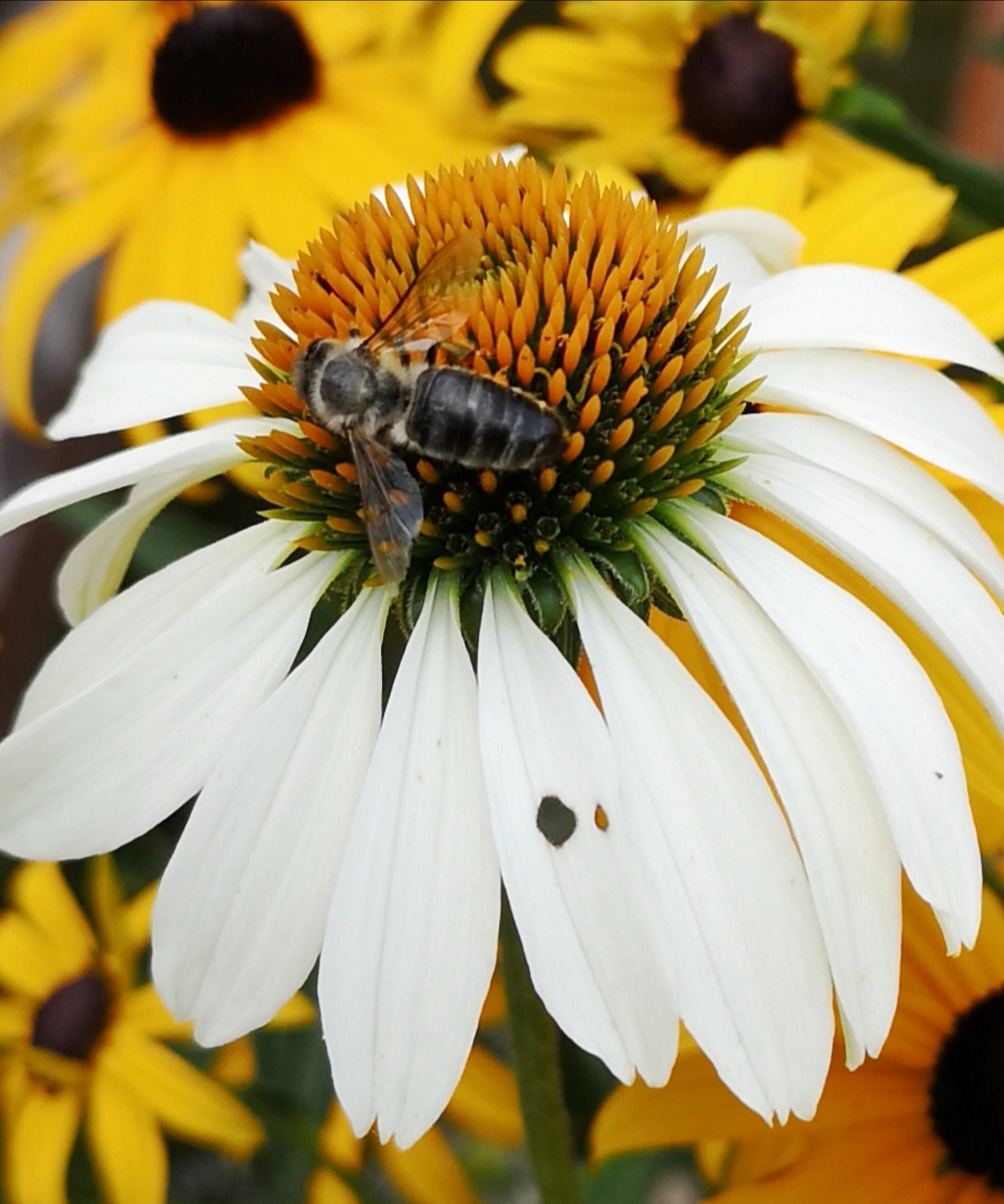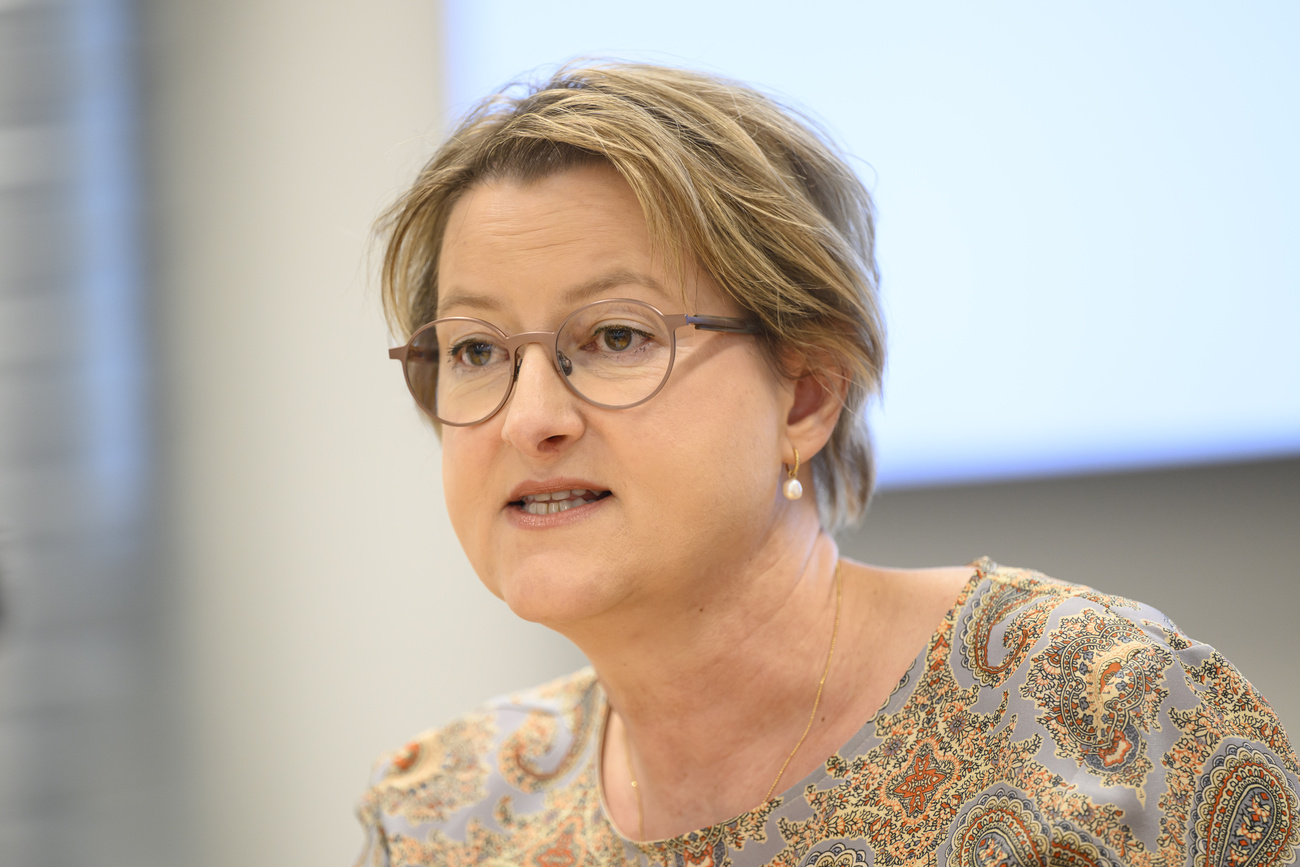
Beekeepers keep an eye out for destructive pest

The government has restarted Apinella, the monitoring programme against the small hive beetle. Until the end of October specially recruited beekeepers will inspect their apiaries at strategically selected locations every fortnight.
The small hive beetle is a dangerous bee parasite, according to the Federal Food Safety and Veterinary Office (FSVO). The aim of the inspections is to detect and combat the introduction of the pest at an early stage.
The beekeepers recruited by the cantonal veterinary services for the early detection system have set up diagnostic traps across the country for this purpose.
The small hive beetle (Aethina tumida) has been established in Calabria in southern Italy since 2014 and can no longer be eradicated, according to the FSVO. This is why the early detection programme was launched in Switzerland in 2015.
The FSVO assumes that the parasite will be introduced into Switzerland sooner or later. Early detection is therefore crucial.

More
Switzerland’s battle of the bees
Dangerous pest
The small hive beetle is a dark brown beetle, five to seven millimetres long and three millimetres wide. It attacks honey bees and bumble bees. The adult beetles and larvae eat honey, pollen and preferably bee brood.
They weaken the bee colony, the honey begins to ferment and the combs collapse. The infested colony is either destroyed or leaves the hive. The small hive beetle also attacks stored beekeeping material. It is not a danger to humans.
From infested hives, the beetles swarm up to 15 kilometres away. In its homeland in sub-Saharan Africa, the insect causes only minor damage. From there, it has been carried to North America, Australia and Egypt, among other places. An infestation in Portugal was quickly eradicated in 2004. The beetle has not yet appeared in Switzerland.

More
Beekeepers keep an eye out for destructive pest

In compliance with the JTI standards
More: SWI swissinfo.ch certified by the Journalism Trust Initiative






























You can find an overview of ongoing debates with our journalists here . Please join us!
If you want to start a conversation about a topic raised in this article or want to report factual errors, email us at english@swissinfo.ch.